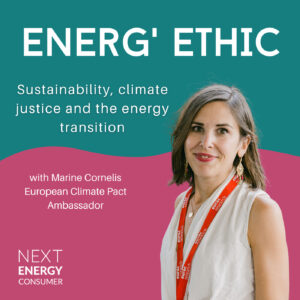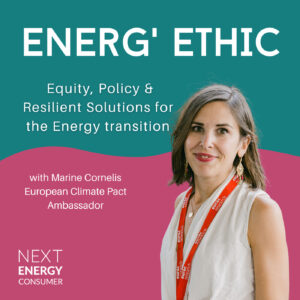Report prepared with Dr Naomi Creutzfeldt, University of Westminster, on behalf of NEON and initially published on NEON’s website (March 2017).
Key messages:
- Fair access to redress for energy consumers is essential for the engagement of all consumers, prosumers and vulnerable consumers alike
- Independent ombudsmen and ADR bodies looking after the energy sector can take on the role of positively improving the consumer experience and help change to happen
- Ireland joins NEON as an associate member
“Fair access to redress for all energy consumers requires a change of mindset so that the circumstances of different types of consumers are taken into consideration” concluded Lewis Shand Smith, president of NEON, at the end of the event “Consumer Code and the Clean Energy for All Package: How to protect New Consumers?” held on Tuesday, 21 March 2017 in Brussels. Panellists discussed the opportunities and risks of the provisions of the Clean Energy Package for all energy consumers, prosumers and vulnerable consumers alike.
Throughout Europe, Member states are at different levels of development of their alternative dispute resolution models, and the level of engagement of energy consumers greatly varies according to personal and institutional circumstances. Hence, we need to build a system that works for the active prosumers as well as for the most vulnerable. The right to get access to the highest level of consumer protection through an independent energy Ombudsman or ADR body must be ensured at all levels to help energy consumers navigate the complex energy market and trust the process. It is essential to show consumers that when they encounter a problem or have a negative experience with an energy company, an aggregator, a subcontractor, or an operator, they have access to quality service to solve their issues. Future problems risk becoming more complex due to the involvement of a greater number of stakeholders and more sophisticated equipment (for example smart meters). In this respect, it is crucial that consumers can turn to a single point of contact, such as an energy ombudsman. Tailor-made information and a clear chain of responsibility, with the Ombudsman or ADR body at the centre, should be set up in all member states, and this should be reflected in the Clean Energy Package.
Access to affordable energy is an essential social right, it’s more than a commodity, and therefore when choosing to engage, consumers must keep benefiting from the highest levels of consumer protection offered in Europe. In the meantime, stakeholders need to respect the various levels of engagement and make sure the most vulnerable consumers also benefit from the energy transition. Every member state has a different policy mix and a different understanding of the way to help vulnerable consumers and to guide them out of energy poverty, this should be respected as well.
Participants praised the role of the energy ombudsmen who are providing not only individual and free dispute solving but also structural solutions for a better consumer-driven energy market, thanks to their comprehensive understanding of the problems energy consumers face. Along with regulators and consumer organisations, independent ombudsmen and ADR entities looking after the energy sector can take on the role of positively improving the consumer experience and help change happen, and should be empowered throughout Europe to do so, panellists added.
Meanwhile, CER (Ireland) has joined NEON. Aoife MacEvilly, Commissioner, said “Over the past number of years, the CER has worked closely with NEON and so we are delighted to formally join the Network. The CER’s overall aim is to protect the interests of energy consumers and the provision of our dispute resolution service is one of the primary means we work to achieve that goal. We hope that through our work with NEON we will be able to contribute to the exchange of information, experience, and good practices among members. Membership of NEON will help us to ensure that we implement best international practices in relation to our dispute resolution function as well as working to the protection and empower energy consumers”.


